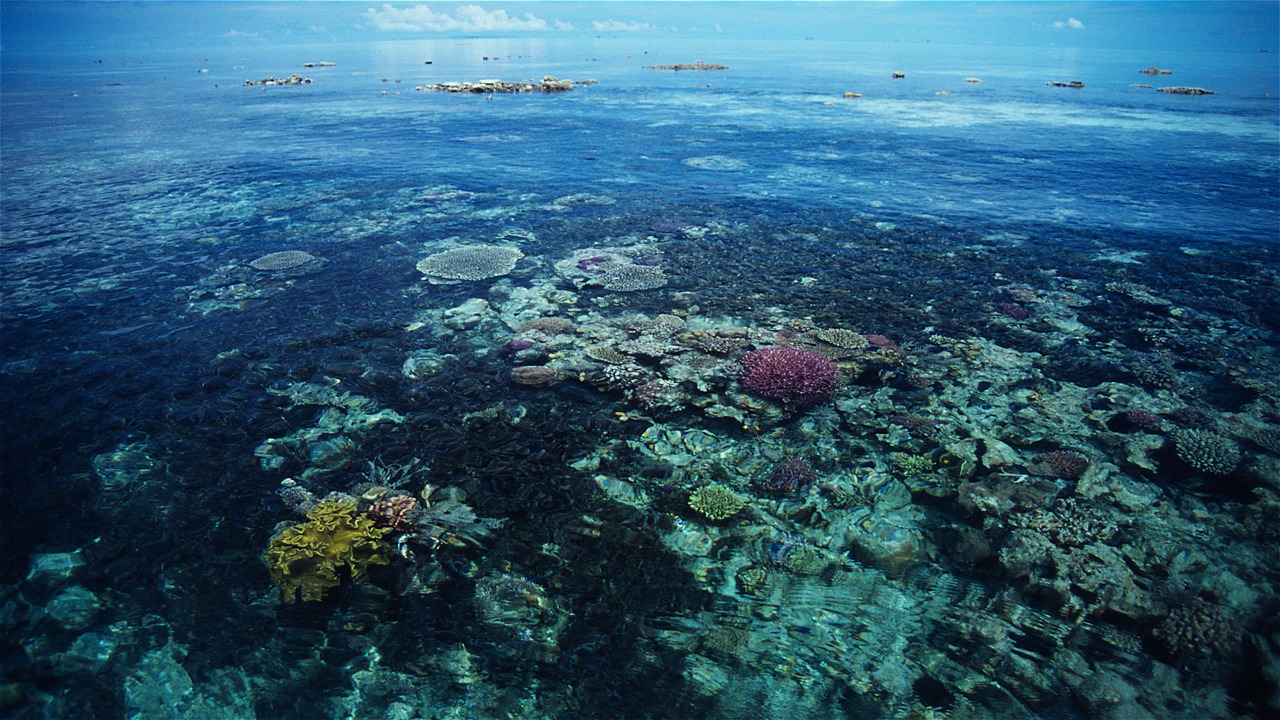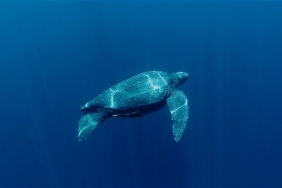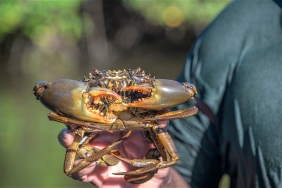TNTB CENTER AND WWF-INDONESIA PROVIDE TRAINING FOR RESCUE LEVEL DIVE GUIDE CANDIDATES TO THE FOSTERED COMMUNITY
By: Asri (Taka Bonerate National Park) and Martina Rahmadani (Responsible Marine Tourism Officer)
Taka Bonerate as one of the National Marine Parks in Indonesia has eye-popping underwater beauty with beautiful stretches of gusung and white sand. Located in Selayar Regency, South Sulawesi, the waters of Taka Bonerate National Park are frequented by pods of dolphins, sharks, dugongs and turtles. The clear waters are alive with beautiful coral reefs, so with such high biodiversity, Taka Bonerate National Park was named the 10th Biosphere Reserve in Indonesia in 2015.
Being one of the national tourism strategic areas, the management of Taka Bonerate National Park faces challenges to optimize the area as a leading tourist destination. With its status as a conservation area, it requires tourism management with sustainable principles involving various parties, including local communities, local governments and business actors in the tourism sector.
Participatory, community goals and training are principles that emphasize the participation of local communities so that tourism management that will be developed can be in accordance with the goals and needs of the community. However, to achieve this, the community needs adequate capacity so that they can utilize existing resources wisely.
One of the steps that can be taken to make Taka Bonerate National Park a sustainable tourism area, is the need to increase diving capacity to become a professional dive guide that meets security and safety standards. So, WWF-Indonesia together with the Taka Bonerate National Park Office (Balai TNTB) conducted professional diving training on May 7-9, which was trained by professional instructors from WWF.
Located in the Meeting Room of the TNTB Center, the training was officially opened by the Head of the Center Faat Rudhianto, and was also attended by the Head of SPTN I Muhammad Hasan and Head of SPTN II Jinato Abd. Rajab. In his remarks, the Head of the TNTB Center advised the participants to be serious and really follow the training to the end, absorbing the knowledge and skills, because they will become professional dive guides in the Taka Bonerate NP area.
Participants who take part in the training have been selected based on basic diving skills by the organizing team to take part in a series of activities that are quite dense. With the aim of increasing the representation of community-based tourism group members who meet the standards, dive instructors convey the basic understanding that a rescuer must have in dealing with emergency situations when an accident or panic occurs while diving.
""There are four things to do when a problem is found during a dive: first stop first, second breath regularly, third think quickly and fourth act. Stress can be experienced by anyone when diving, so as a guide we must know the condition of tourists, "explained Anton Wijonarno, a diving instructor from WWF.
The diving training includes classroom material and practice on the high seas which are divided into two, namely simulation practice and direct practice at sea. In practice, participants are faced with several scenarios that have been designed, such as the discovery of a drowning victim and in an unconscious condition. In these conditions, participants must immediately simulate CPR (Cardiopulmonary Resuscitation / Cardiac Resuscitation) and handling victims after regaining consciousness.
"In simulating CPR and handling the victim after regaining consciousness, it turns out that it requires calmness and accuracy so that the victim does not experience anything worse" said Daus, one of the participants from Rajuni Island.
In another scenario, the organizing team prepared a victim in the middle of the sea in a floating condition and needed immediate rescue while the participants were diving. With this practice and training, participants are expected to be able to become the first helper when an accident occurs at sea both during diving and when an accident occurs on the surface.
In addition to capacity building through training, monitoring and evaluation are also needed. Monitoring and evaluation can be done through intense mentoring. In the future, WWF together with the TNTB Center will provide intense assistance to groups in the area to prepare qualified tourism resources both in terms of technical tourism and in terms of concern for the sustainability of the surrounding environment, so that the welfare of the people in the Taka Bonerate National Park area is better.





